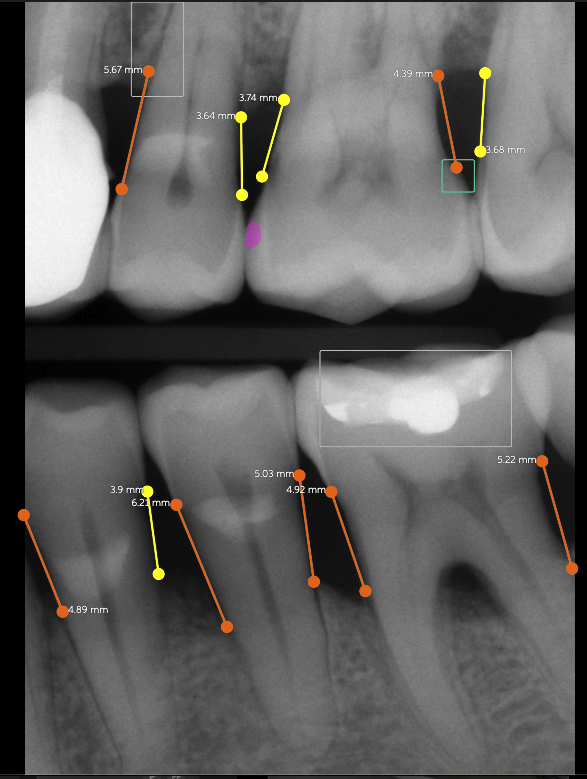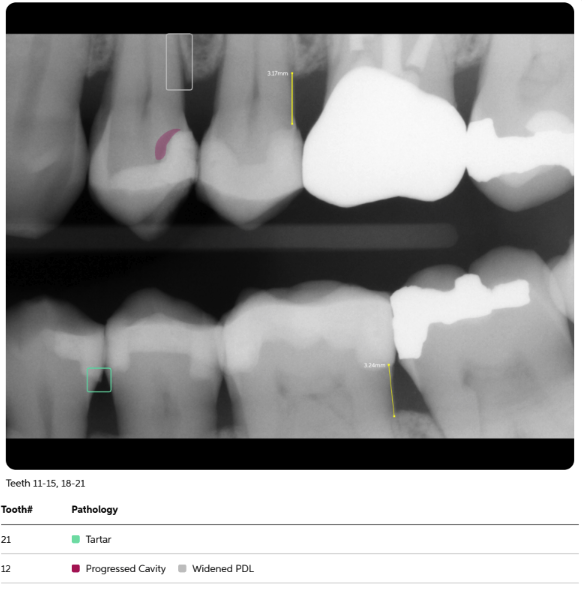Artificial Intelligence
- Irene Michelle Iancu
- Sep 13, 2024
- 3 min read
Updated: May 26, 2025
AI helps us be preventative by seeing things earlier meaning we can treat them with a more conservative approach.
What is Artificial Intelligence?
Artificial intelligence (AI) refers to the capability of a computer or machine to perform tasks that typically require human intelligence. This includes learning from experience, understanding natural language, recognizing patterns, and making decisions. Essentially, AI enables machines to mimic human cognitive functions, such as problem-solving and adapting to new information. One of the key components of AI is machine learning, a subset where computers are trained to learn from data and improve their performance over time. This process involves feeding the system vast amounts of data and using statistical techniques to refine its predictions and actions. Another important aspect is natural language processing (NLP), which enables machines to understand and interact with human language, allowing for applications like chatbots and language translation. AI also includes computer vision, which helps machines interpret and understand visual information from the world, such as recognizing faces in photos or detecting objects in video feeds.
These technologies are increasingly being applied in various fields, from healthcare and finance to transportation and entertainment, enhancing efficiency, personalization, and decision-making processes. As AI continues to advance, it holds the potential to transform numerous aspects of daily life by making systems more intelligent, responsive, and capable of handling complex tasks.
How do we use AI in dentistry?
In dentistry, artificial intelligence (AI) is revolutionizing the field by enhancing diagnostic accuracy and streamlining various aspects of patient care. AI systems are capable of analyzing dental images, such as X-rays and intraoral scans, with remarkable precision. These systems use advanced algorithms to detect early signs of dental issues, like cavities, calculus, bone loss, and even oral cancers, which can be challenging to identify manually. By highlighting potential problems, AI helps dentists diagnose conditions earlier and plan more effective treatments. AI can assist in creating customized treatment plans that address individual needs and predict future oral health challenges. This personalized approach ensures that patients receive tailored care that is more effective and aligned with their specific health profile. Additionally, AI can streamline administrative tasks, such as scheduling appointments and managing patient records, allowing dental professionals to focus more on patient care. AI in dentistry leads to more accurate diagnoses, personalized treatment options, and improved practice efficiency, ultimately contributing to better patient outcomes and a more streamlined dental care experience.
Will I still see the dentist?
Yes! AI is simply a tool that your dental team uses to assist them. Your dental team will still be the ones diagnosing and recommending treatment. Think of AI as a second set of eyes, there to catch things we may not be able to see.
Artificial intelligence at Toothlife
At Toothlife Studios, we leverage advanced technology to enhance our patient care, including intraoral scanners, automated texts and emails, and sophisticated dental software for analyzing X-rays. By integrating AI into our practice, we offer a higher level of comprehensive care, ensuring that nothing is overlooked.
Our AI software meticulously examines dental X-rays to reveal residual calculus, detect dental cavities at any stage, assess bone levels, and identify infections around tooth roots—details that might be missed by the human eye.
While this technology provides valuable insights, it serves as an additional tool rather than a replacement for human diagnosis. Our skilled dental team carefully evaluates the AI's findings, applying our expertise and personalized approach to recommend the most effective treatment for each patient.




